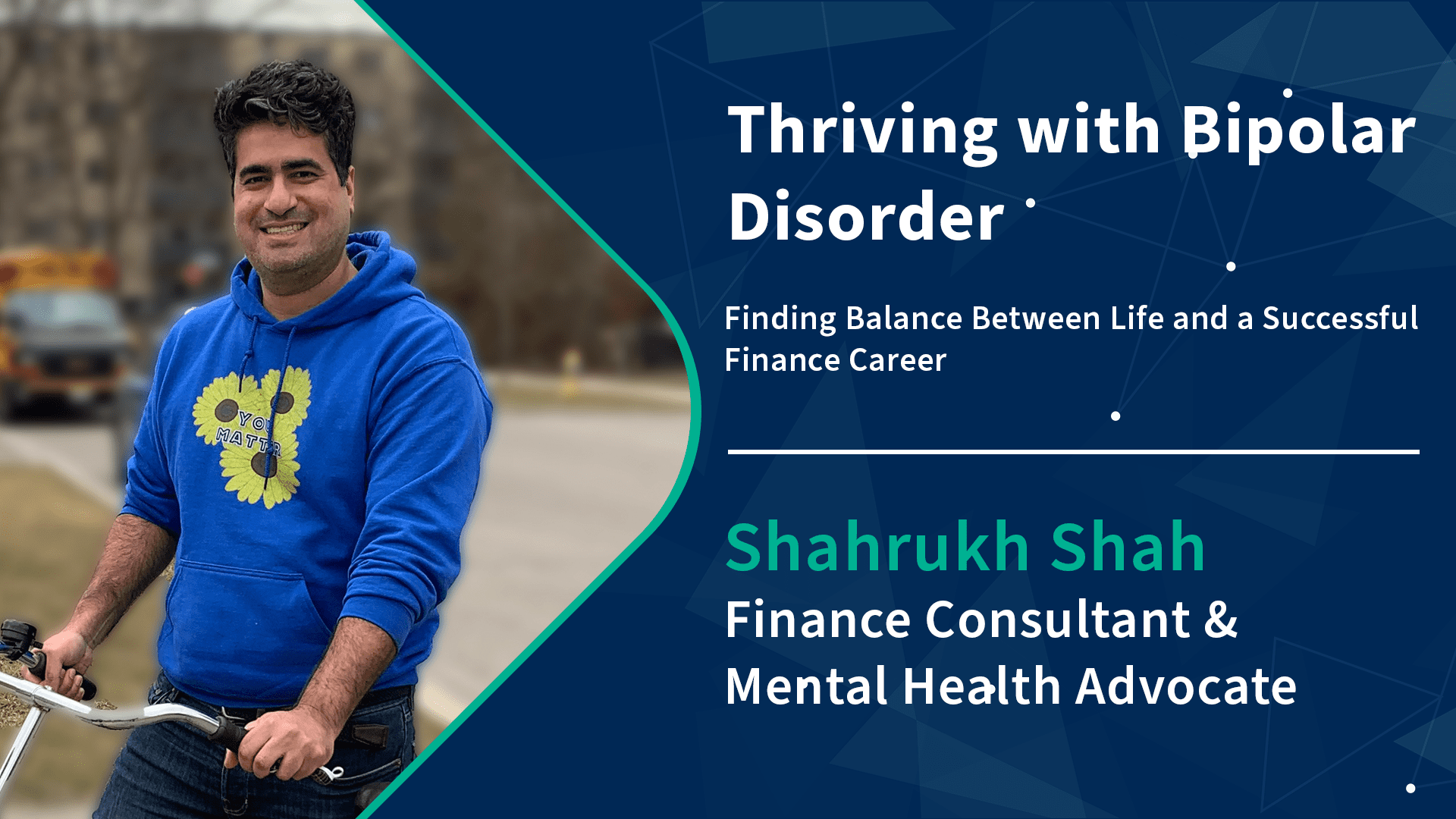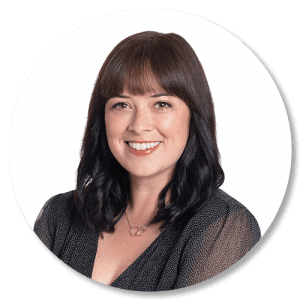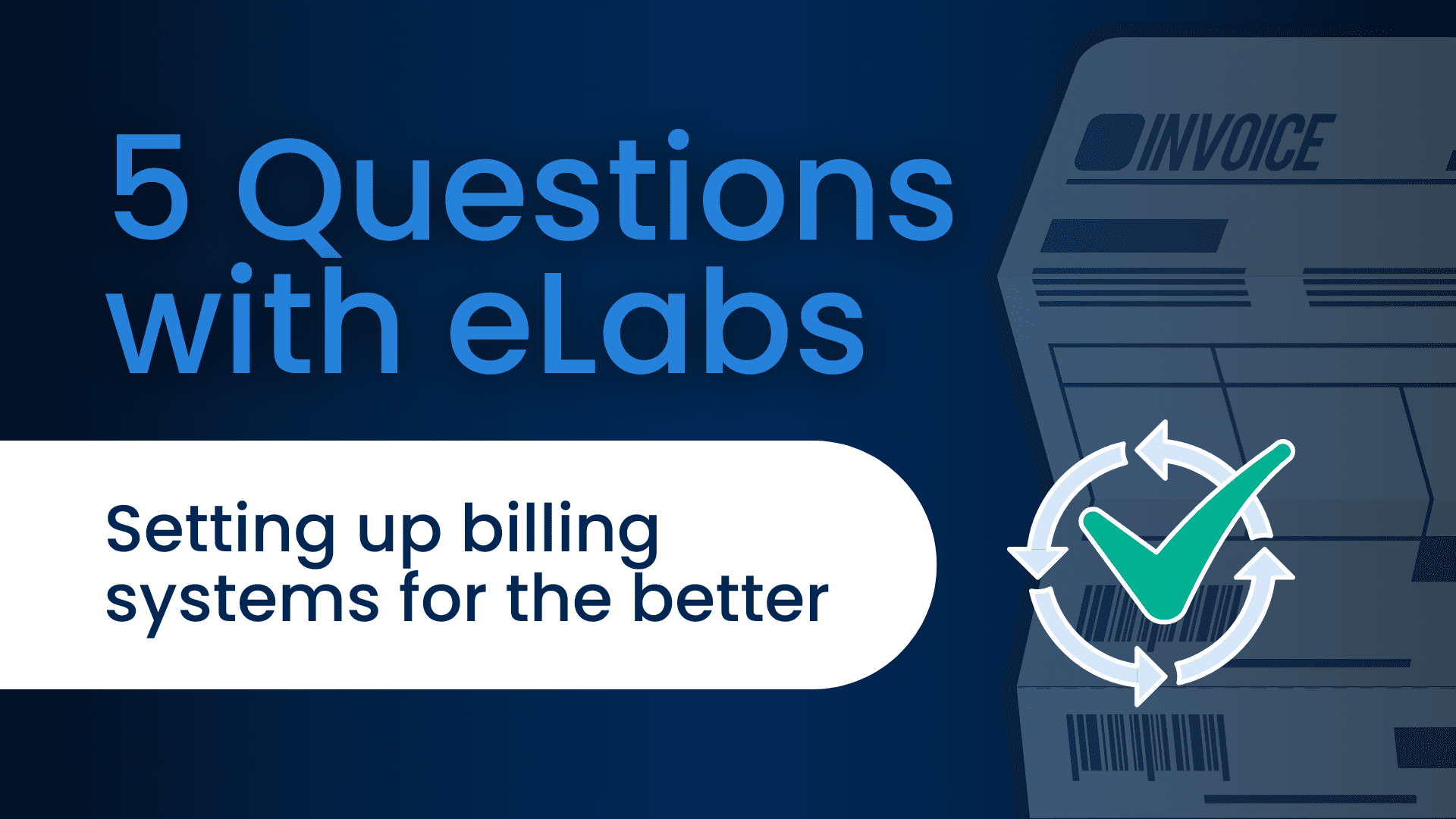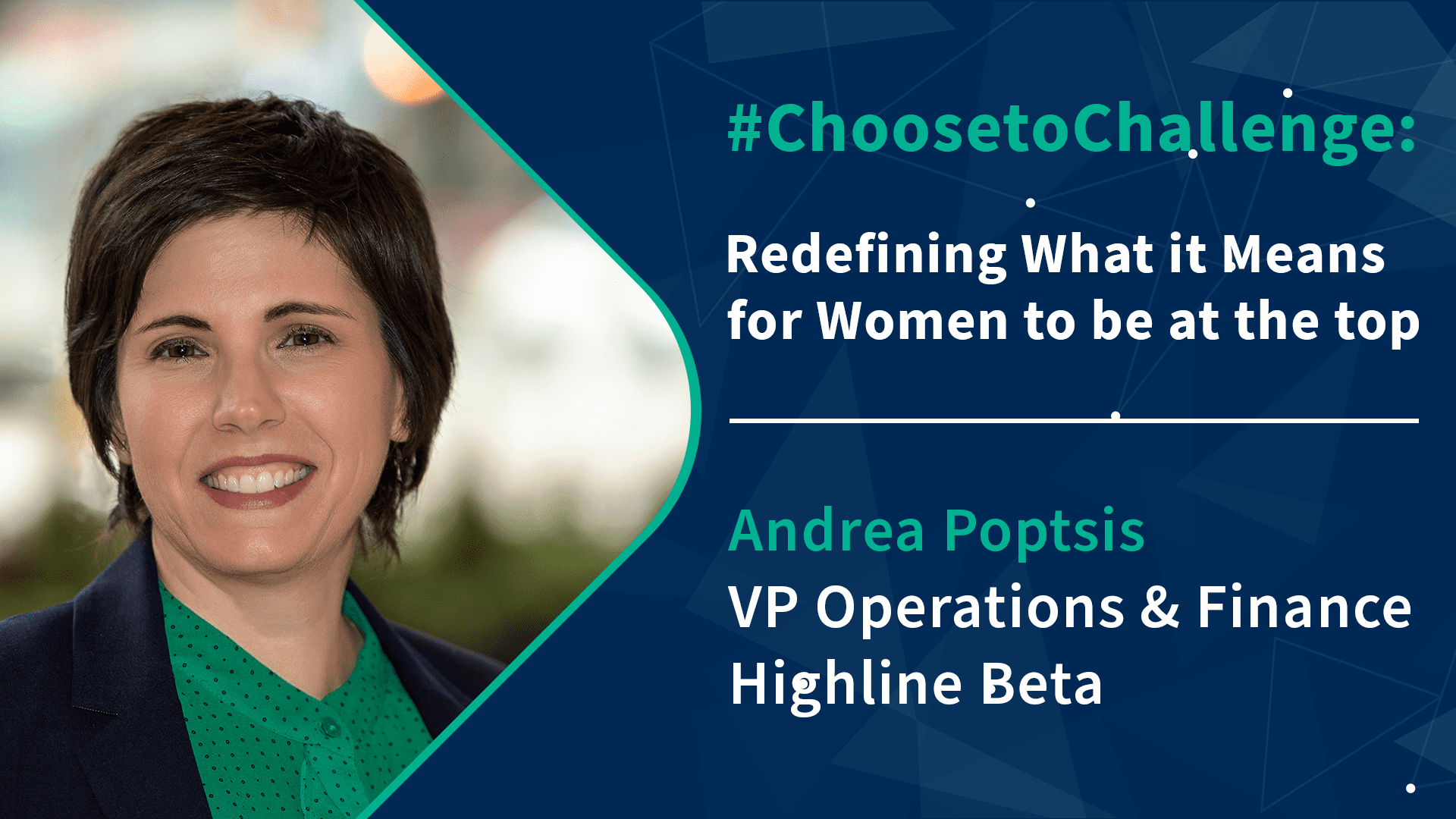Finding Balance Between Life and a Successful Finance CareerPaul Tierney, Senior Recruitment Manager, Consulting spoke with Shahrukh (Shak) Shah, a finance consultant who recently transitioned into the project and interim world from PwC. Shah discusses how he has used his bipolar diagnosis to his advantage, how the COVID-19 pandemic has personally impacted him and what companies can do to address mental health in the workplace.Paul Tierney – You were diagnosed with bipolar disorder in 2016, talk to us about your experience and how it has impacted your career and you personally.
Shahrukh Shah – When I was diagnosed with bipolar disorder, I had a lot going on at the time. From a professional standpoint, I was in the partnership process at PwC when my life took a U-turn. This experience was an eye-opener at how important your health, particularly your mental health is to your overall well-being. It helped crystallize that the things I did to build up my successful career weren’t conducive to fostering my overall health.
Being bipolar gave me the gift of empathy during this time.
Paul Tierney – During COVID-19, nearly two fifths of Canadian workers are concerned about a co-worker’s mental health, how has the pandemic impacted you, and what advice do you have for others who are struggling during this time?
Shahrukh Shah – Last year (2020) was a rollercoaster: COVID touched me deeply at the beginning with the passing of my mother. As you can imagine, work was not on my mind during this time. About halfway through the year, I made the decision to transition from the public accounting world into the unknown of project and interim. I feel very blessed that I really had two available opportunities to choose from, including one that Clarity made available to me.
Being bipolar gave me the gift of empathy during this time. Advocating for mental health means a lot to me, whether it was at the companies I worked with, or with my close personal friends and family. You really can’t underestimate the impact and the power of a simple-text message to check in with someone: a 15 minute conversation could mean the world to someone especially in this time.
This is a reminder to all of us that during these uncertain times where we can’t see our families and co-workers, having virtual check-ins and other socially-distanced forms of interaction is integral to our mental health. If it wasn’t for these small touch points with people, it would have been very difficult for me to thrive during this time.
Paul Tierney – In your Linkedin article My Mental Health Journey (thus far), you mentioned that you have been able to achieve more in life and have benefited from the chemical imbalances from being bipolar, can you give us more details on how you have been able to use it to your advantage?
Shahrukh Shah – The more I learned about bipolar disorder and educated myself about what it actually was, the more it allowed me to understand what I was going through. Being bipolar meant you could operate on both ends of the spectrum: there is the depression side of the condition that can pull you into a very dark place and the other euphoric side (mania) which can be unhealthy at times.
For me, it’s been about finding a sweet spot where you’re somewhere between the two. It was important for me to do this, and to continue monitoring my bipolarism to ensure that I did not risk getting dangerously out of balance.
The more I learned about bipolar disorder and educated myself about what it actually was, the more it allowed me to understand what I was going through.
When I was first diagnosed, I viewed it as a death sentence and questioned what this meant for my future: I thought my life was over. However, through the right treatments, and the acceptance of my condition, I was able to manage it and harness the creative and intelligent processes from the chemical imbalances to my advantage.
Paul Tierney – Leading up to the diagnosis, were there any signs of the condition that you ignored?
Shahrukh Shah – Looking back at my life, I noticed that I eliminated things that made me sad or depressed, like difficult relationships in my personal life. I tended to avoid things that got me into a state of depression. Being aware of, and then avoiding these triggers, allowed me to prevent feeling depressed. This avoidance merely punted the things that I needed to deal with down the road. In hindsight, if I could have given myself some advice it would have been to consider tools such as therapy.
Many of the warning signs were triggered by things that I was being rewarded for in my career, like my ability to work on demanding projects with tight deadlines, or work 16 to 18 hour days. In hindsight, I should have pushed back on unrealistic timelines. When I was working long days, I felt great, energized and euphoric. As soon as a project would end, I would crash for a few days.
In these moments, it felt like my body was shutting down: in the mornings during a high-intensity project, I would dry heave or have some sort of stress reaction. After a few moments I would go on with my day but looking back, I realized I was ignoring the physical signs my body was telling me. Do not ignore the physical signs that your mind is trying to communicate with you. When work is piling on, do not be afraid to speak up when you need help.
Many of the warning signs were triggered by things that I was being rewarded for in my career, like my ability to work on demanding projects with tight deadlines, or work 16 to 18 hour days.
Paul Tierney – How has your advocacy with mental health impacted your networks and the people you work with?
Shahrukh Shah – I’ve been pretty open with my colleagues when it comes to my mental health. This has allowed me to be a voice for a subject that other people might be afraid to talk about. As I re-balanced and re-prioritized my life, I was getting closer to a state of happiness where I could be open with my story.
It became therapeutic to tell my story, and I was getting feedback from people who appreciated me talking so openly about my mental health journey. People started to open up to me, and share things they weren’t comfortable telling others. When I posted my article on Linkedin in January, it was a time where I reflected on my recently launched business, and felt good about where I was in my life. I still had that moment of “should I be opening up publicly?” but I am overwhelmed by the support I have received from talking about it so openly in a vulnerable way.
I also love talking to people which is amplified by the reach of social media. As a small business owner, I have the freedom to be my authentic self while working, not that companies discourage it, but I think a lot of people still struggle with the fear of how their employer will view them if they do.
Paul Tierney – What can companies do to address mental health in the workplace, and the stigmas associated with it?
Shahrukh Shah – I truly do believe that most companies care about their employees’ health and well-being. Many are actually putting funding towards combating the problem by offering benefit programs towards psychological services or wellness allowances. Companies are willing to spend the money on the initiative, but the area that needs the most improvement is giving their leaders the tools and the support that they need to prioritize and support the mental health of their employees.
In my experience, I know everyone from my boss to staff cared about what I was going through and wanted to help. They supported me when I took a leave of absence. The one thing I have noticed in the past and during my own experience when returning to work was that the people, and myself included, tended to walk on eggshells around each other because it’s difficult to have those conversations. This itself can cause anxiety: even though people wanted to help me during this time, it is a difficult conversation to have when you’re ill equipped with the knowledge to do so. Companies can provide better training to develop their employees’ emotional intelligence so they can have authentic conversations on sensitive topics with one another.
Even though I don’t have a big accounting firm behind me, companies still value the experience that I have built up over the years at PwC.
Paul Tierney – You recently transitioned from permanent finance to project and interim, what motivated you to make the change?
Shahrukh Shah – In all honesty, it came down to a leap of faith. Oftentimes people ask what’s the difference between working for a company on a full-time basis versus going into project-based work. My answer to that is you have to be comfortable with replacing the certainty of having a full-time job and the security that comes with it.
You also have to become comfortable with not knowing where you will be two or three months from now. I was able to leverage my previous client work and experiences to go out on my own. Even though I don’t have a big accounting firm behind me, companies still value the experience that I have built up over the years at PwC.
Another perk of doing contract work is the flexibility: I can arrange my work days as I see fit. I can work smart and create a schedule that works for my needs. Once you get over the initial hurdle of self-doubt that comes with finding your own work and building your name as an independent consultant, the freedom of owning your own business can be quite enriching. You are the chief-officer of everything, and have to go outside of your comfort zone which is rewarding. After spending many years at the big four, and already having the consultant mindset, the transition felt natural.
Paul Tierney – How is the onboarding process as a consultant different?
Shahrukh Shah – It’s similar to what you would have been doing normally as a consultant with your clients. When you’re in a contract for a finite period of time, the expectation is that you have the skills that they’re hiring for. If I don’t have a specific skill, or if it needs developing, the onus is on me to do the necessary learnings to prepare for that particular assignment. The expectation is that you either have the skill sets already, or you have the ability to adapt quickly.





